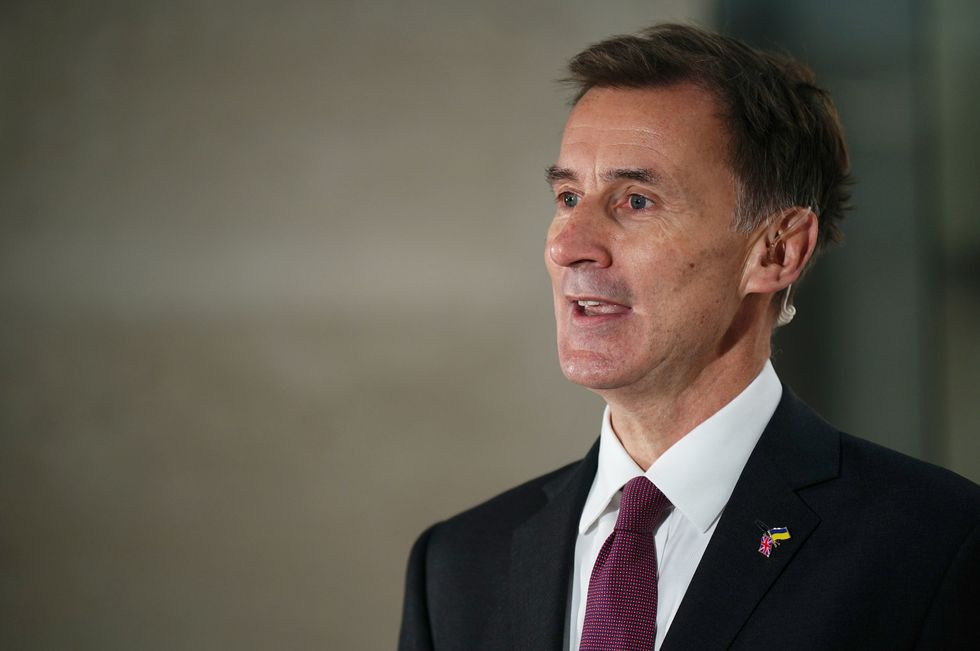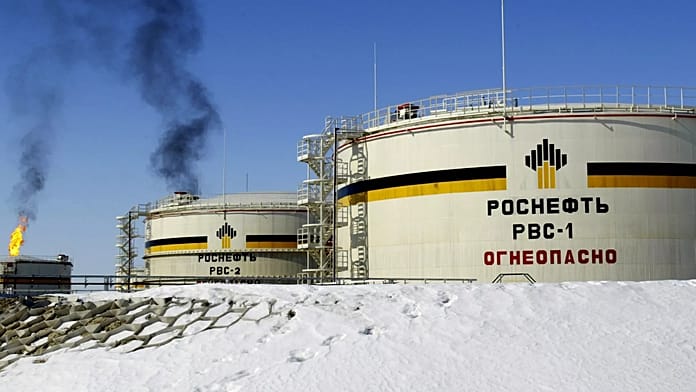Pay overtakes inflation for first time in almost two years as ONS figures 'confirm' state pension challenge
Average pay growth increased above inflation for the first time in nearly two years.Wages (excluding bonuses) rose by 7.8 per cent between June and August, according to official figures published today. Including bonuses, it was 8.1 per cent for this period.It's nearly two years since pay growth last overtook inflation, which was in October 2021, during the Covid pandemic.The rate of inflation in the UK has been slowing, but at 6.7 per cent for the year to August 2022, it is still more than three times higher than the Bank of England's two per cent target.WATCH NOW: Liam Halligan on wages increase for Britons Liam Halligan on the wages increase for BritsThe Office for National Statistics will release the latest Consumer Prices Index (CPI) figures tomorrow - and it's this particular figure which is typically used as the inflation element of the state pension triple lock.Commenting on wage figures today, Chancellor Jeremey Hunt, said: "It's good news that inflation is falling and real wages are growing, so people have more money in their pockets."The Chancellor also pointed out the ONS has published its latest estimates of the growth in average earnings between May to July - the figure used for the earnings element of the triple lock.He said this confirmed it "was 8.5 per cent (including bonuses)".The latest estimate confirms the triple lock challenge faced by Jeremy Hunt, according to partner at LCP and former pensions minister Steve Webb, as an 8.5 per cent state pension rise would cost more than £8billion.Sir Steve said: “Today’s figures confirm that the Government’s manifesto commitment to the ‘triple lock’ on state pensions means that they should rise by 8.5 per cent in April 2024."Although this will cost the Treasury more than £8billion, it is worth remembering that the UK still has one of the lowest state pensions in the Western World and there is some way to go before the value of the pension recovers from a thirty year period when it was linked only to price inflation."This increase will simply keep the rise in the state pension in line with the pay increases that many in work have enjoyed”.LATEST DEVELOPMENTS:Pensioners urged to see if they can get £407 a month to help ‘stay independent’Pensioner with bladder problems able to get £200 a week boostMartin Lewis shares ‘important’ state pension alert affecting 100,000sHow much could the state pension rise by?The state pension is expected to rise by 8.5 per cent in April 2024, as the inflation figure set to be published tomorrow is not likely to be higher than the earnings figure. It would mean the full new state pension would rise by £17.35 per week or £902.20 per year.The full basic state pension would rise by £13.30 per week or £691.60 per year.This follows a 10.1 per cent increase in April 2023, which was in line with inflation.


Average pay growth increased above inflation for the first time in nearly two years.
Wages (excluding bonuses) rose by 7.8 per cent between June and August, according to official figures published today. Including bonuses, it was 8.1 per cent for this period.
It's nearly two years since pay growth last overtook inflation, which was in October 2021, during the Covid pandemic.
The rate of inflation in the UK has been slowing, but at 6.7 per cent for the year to August 2022, it is still more than three times higher than the Bank of England's two per cent target.
WATCH NOW: Liam Halligan on wages increase for Britons
The Office for National Statistics will release the latest Consumer Prices Index (CPI) figures tomorrow - and it's this particular figure which is typically used as the inflation element of the state pension triple lock.
Commenting on wage figures today, Chancellor Jeremey Hunt, said: "It's good news that inflation is falling and real wages are growing, so people have more money in their pockets."
The Chancellor also pointed out the ONS has published its latest estimates of the growth in average earnings between May to July - the figure used for the earnings element of the triple lock.
He said this confirmed it "was 8.5 per cent (including bonuses)".
The latest estimate confirms the triple lock challenge faced by Jeremy Hunt, according to partner at LCP and former pensions minister Steve Webb, as an 8.5 per cent state pension rise would cost more than £8billion.
Sir Steve said: “Today’s figures confirm that the Government’s manifesto commitment to the ‘triple lock’ on state pensions means that they should rise by 8.5 per cent in April 2024.
"Although this will cost the Treasury more than £8billion, it is worth remembering that the UK still has one of the lowest state pensions in the Western World and there is some way to go before the value of the pension recovers from a thirty year period when it was linked only to price inflation.
"This increase will simply keep the rise in the state pension in line with the pay increases that many in work have enjoyed”.
LATEST DEVELOPMENTS:
- Pensioners urged to see if they can get £407 a month to help ‘stay independent’
- Pensioner with bladder problems able to get £200 a week boost
- Martin Lewis shares ‘important’ state pension alert affecting 100,000s

How much could the state pension rise by?
The state pension is expected to rise by 8.5 per cent in April 2024, as the inflation figure set to be published tomorrow is not likely to be higher than the earnings figure.
It would mean the full new state pension would rise by £17.35 per week or £902.20 per year.
The full basic state pension would rise by £13.30 per week or £691.60 per year.
This follows a 10.1 per cent increase in April 2023, which was in line with inflation.







































